Enhanced Paediatric Nursing Skills
Share
In A Nutshell:
The Improvement Academy, in collaboration with Bradford Teaching Hospitals Foundation Trust, is hosting the transformative Enhanced Paediatric Nursing Skills (EPNS) Training Course. This blended learning programme has been shown to ‘inspire, equip and empower’ paediatric nurses to deliver enhanced care, providing them with the confidence and capability to assess children and young people within a safe governance framework, in hospital and in the community. Supported by a senior multidisciplinary faculty, participants will sharpen their clinical decision-making skills while developing themselves and their service.
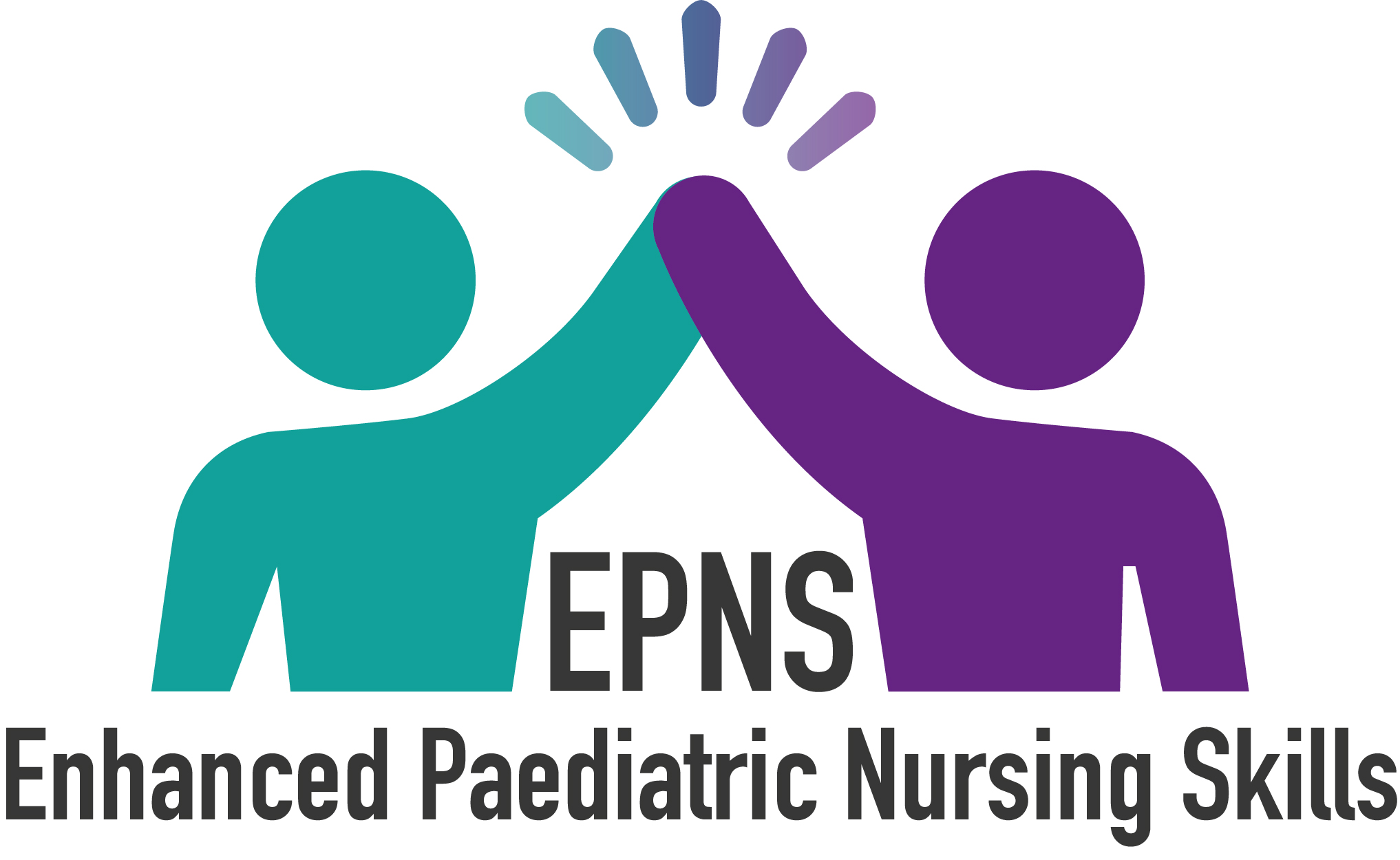
What makes the EPNS course unique?
EPNS blends virtual and face-to-face learning, offering a flexible and immersive experience. Designed to equip nurses with enhanced skills and up to date knowledge, the course prepares participants to step into enhanced roles, including:
- Providing nurse-led triage, reviews, and discharges from the ward.
- Delivering ambulatory (or hospital at home) care for unwell children and young people in the community.
- Collaborating in the development of new workflows including in outpatient care.
Course Highlights
Dive into the essential knowledge and practical skills needed to manage common acute paediatric cases with confidence, in the hospital or the community. The course will help you:
- Get up to date: e-learning will refresh and enhance your knowledge of common acute paediatric medical conditions seen in urgent care including their pathophysiology, clinical presentations, and red flags.
- Undertake system reviews: strengthen your understanding of the respiratory, cardiovascular, gastrointestinal, dermatological, and renal systems.
- Complete a focussed history and examination: gain hands-on experience in collecting and analysing clinical information.
- Apply your learning: use your knowledge and skills to develop a structured assessment of a sick child. This will include an understanding of red flags, sepsis, and the deteriorating child in realistic scenarios to enhance your critical thinking.
- Develop your acute communication skills using SBAR: develop impactful communication skills tailored to the acutely unwell child, and when communicating decisions around escalating or de-escalating care.
- Consider a more holistic care approach: there will be opportunities to explore safeguarding, health inequalities and system working to address broader aspects of child health and wellbeing.
- Share stories and network: throughout the course and afterwards there will be opportunities to share your experiences and stories of enhanced practice. Each day during Teaching Week you will meet EPNS alumni and have opportunities to discuss service transformation. Clinical pathways, governance, and quality improvement methods used in the award winning Ambulatory Care Experience (Bradford’s Hospital at Home service) will be shared throughout the course.
- Journey towards a common community of practice (CoP): the EPNS faculty is made up of clinicians, nurses, and allied health professionals with experience in teaching and delivering enhanced nursing care. They deliver a truly unique ‘nurse positive’ course, empowering individuals and teams, all working towards a common goal to enhance the care provided for children and young people.
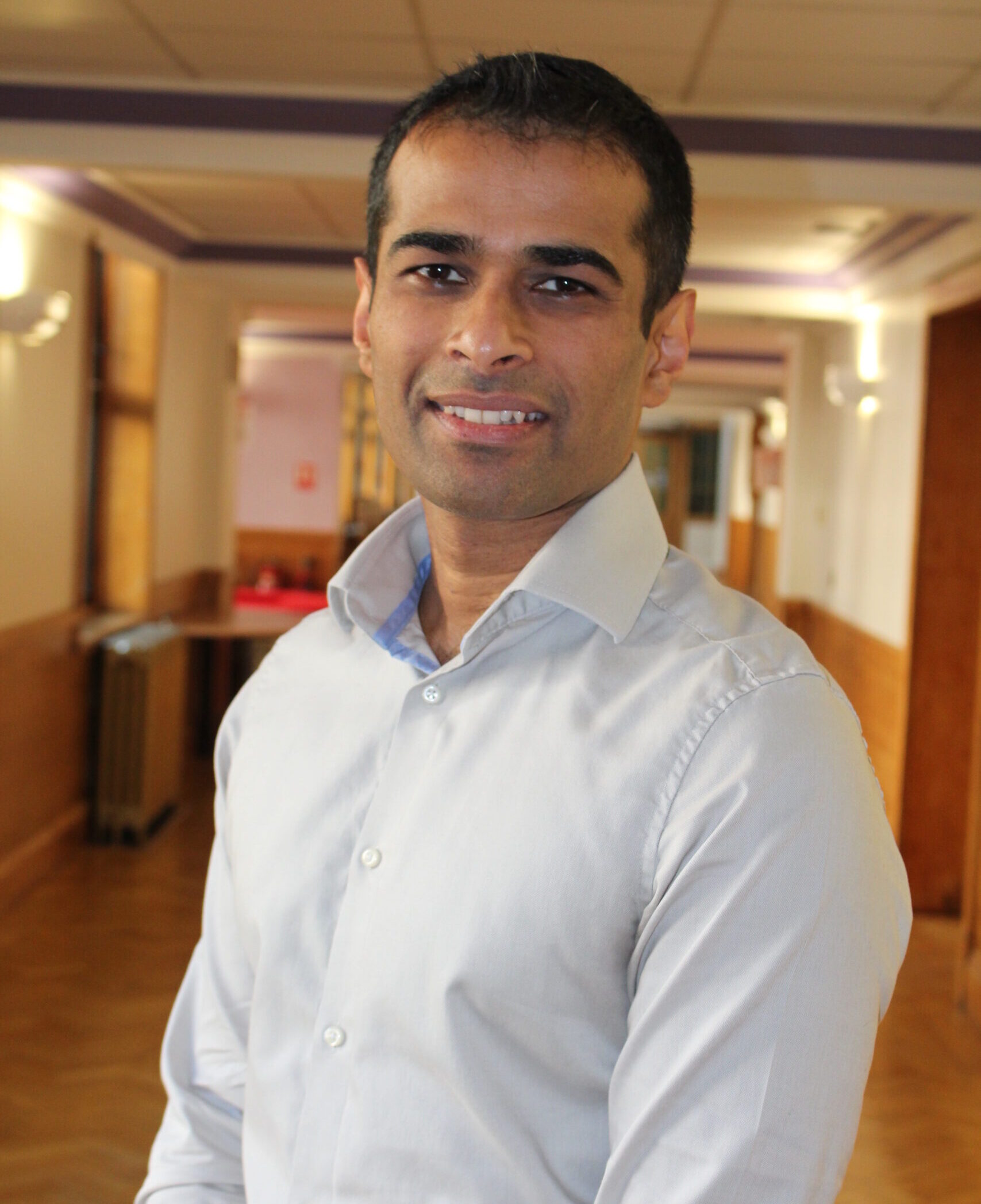 |
Hi, I’m Mat Mathai, Paediatric Ambulatory Care Consultant at the Bradford Royal Infirmary in West Yorkshire. We’re really excited that you are considering the EPNS course for yourself, or members of your team. EPNS was borne from our successful hospital-at-home training programme. It aims to empower teams to deliver high-quality, acute integrated care for children, both in hospital and at home- ‘from triage to discharge home and community care’. EPNS is designed to inspire, equip and empower you with practical skills and innovative approaches to meet the increasing demands seen in our NHS. |
 |
Hi, I’m Laura Deery, Lead Clinical Educator at Bradford Royal Infirmary for Paediatric Inpatients and the Children’s Emergency Department. I have a passion for nurse education and enhancing the skills of nurses around the country. EPNS is a course that has been developed with this in mind, focusing on the skills needed to enhance triage processes, extend fundamental assessment skills, and develop nurse led discharge pathways. I have integrated the principles of EPNS into the training I offer at Bradford Royal Infirmary, and it is my commitment to offer this to all nurses enrolled on the EPNS course. I believe that providing enhanced training and education, creates nurses that feel empowered and confident in delivering the best possible care to children and their families. |
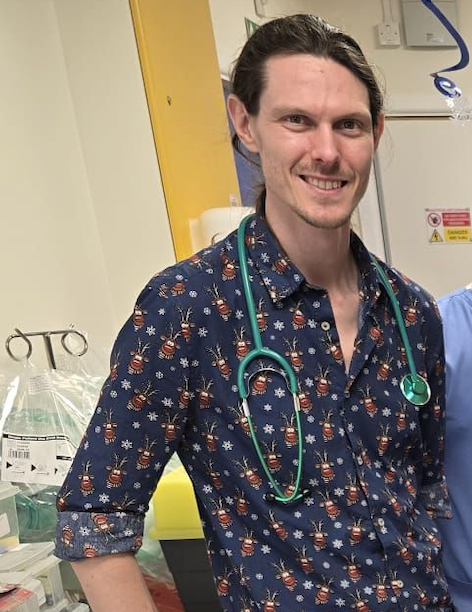
|
Hi, I’m Ben Hughes, a West Yorkshire Paediatric trainee with a special interest in high dependency care and medical education. I’ve had the great pleasure of helping develop the EPNS and EPNS4Surge courses, both of which provide wonderful platforms for paediatric nurses and their teams to develop and grow. I’ve been inspired by nurses journeying through EPNS, and we as faculty pride ourselves on delivering a highly-relevant nurse-positive course that is not only educationally beneficial, but lots of fun to be a part of! Come and join our innovative and welcoming community of practice as we enhance service delivery for children and young people across the country. |
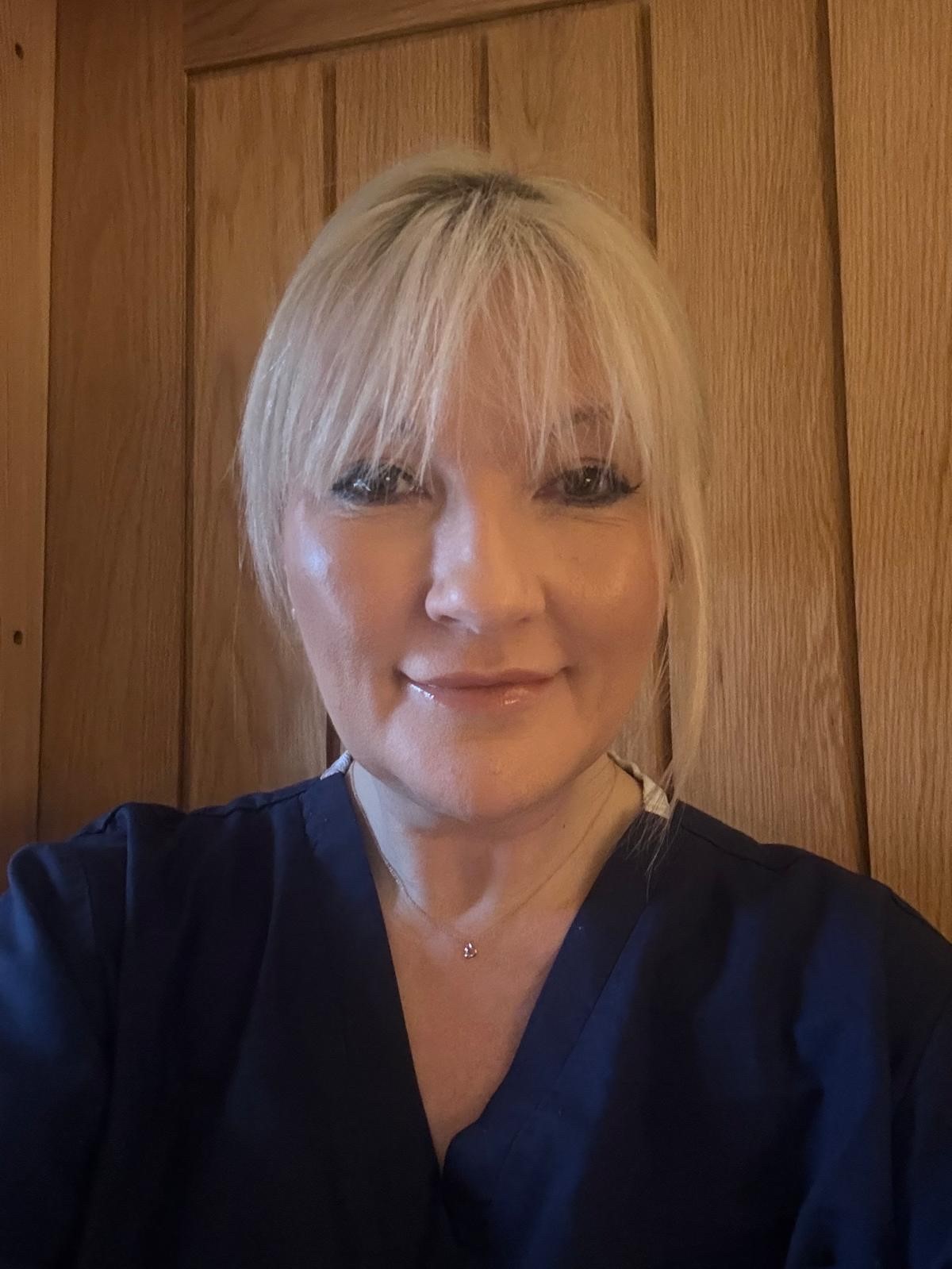
|
Hi, I’m Dawn Hare Advanced Paediatric Clinical Practitioner. I have over thirty years’ experience in acute children’s nursing, with nearly fifteen of those years working as an advanced practitioner. I may be biased but have always known nurses are the key to successful health care provision. We, as nurses are only limited by our own drive and desire to continue to improve health care outcomes for our paediatric population. The EPNS course was borne from a programme of education Laura and I originally put together for our hospital at home nurses (called the ACE team) in 2017. Since then we haven’t looked back, and our originally ambulatory care team continue to flourish, gaining new skills and developing new pathways. We didn’t want to limit the training to Bradford nurses. The EPNS course continues to support, develop and provide enhanced skills training for nurses, whatever your clinical background. |

|
Hi, I’m Megan Dale, a paediatric respiratory registrar working across West/ South Yorkshire. Being part of the EPNS course from the start has been one of the biggest privileges of my career. The candidates and their passion for their patients and communities inspire me each time. Each area and service are different, but as a frontline nurse (or manager thinking of sending your colleagues), you are the best people to understand the challenges your department, children/ young people, families and communities face. This course will inspire and empower you to make a difference, and equip you with the skills you need to do it. As the quote says ‘Real change, enduring change, happens one step at a time.’ We hope the EPNS course will be one of those steps for you. |

|
Hi, I am Christina Newbould Paediatric Matron in Oxford Health NHS Trust. I work in the Community Children’s Nursing Team, and oversee our Hospital at Home service. I am a Registered Children’s Nurse with over 20 years nursing experience. I completed the EPNS course a few years ago and was excited to experience firsthand the impact the course can have on nursing teams and service delivery. In Oxford we used the skills developed on the course to introduce a jaundice pathway, nurse led discharge, and cemented the use of SBAR in our service. I am part of the national H@H Society Committee and a paediatric special interest group (SIG) representative. I look forward to supporting teams, via the EPNS course, in delivering the best possible care to children and young people in their own homes. |
For more information about the course, please see the video below:
Don’t take our word for it, here’s what our Alumni have to say:
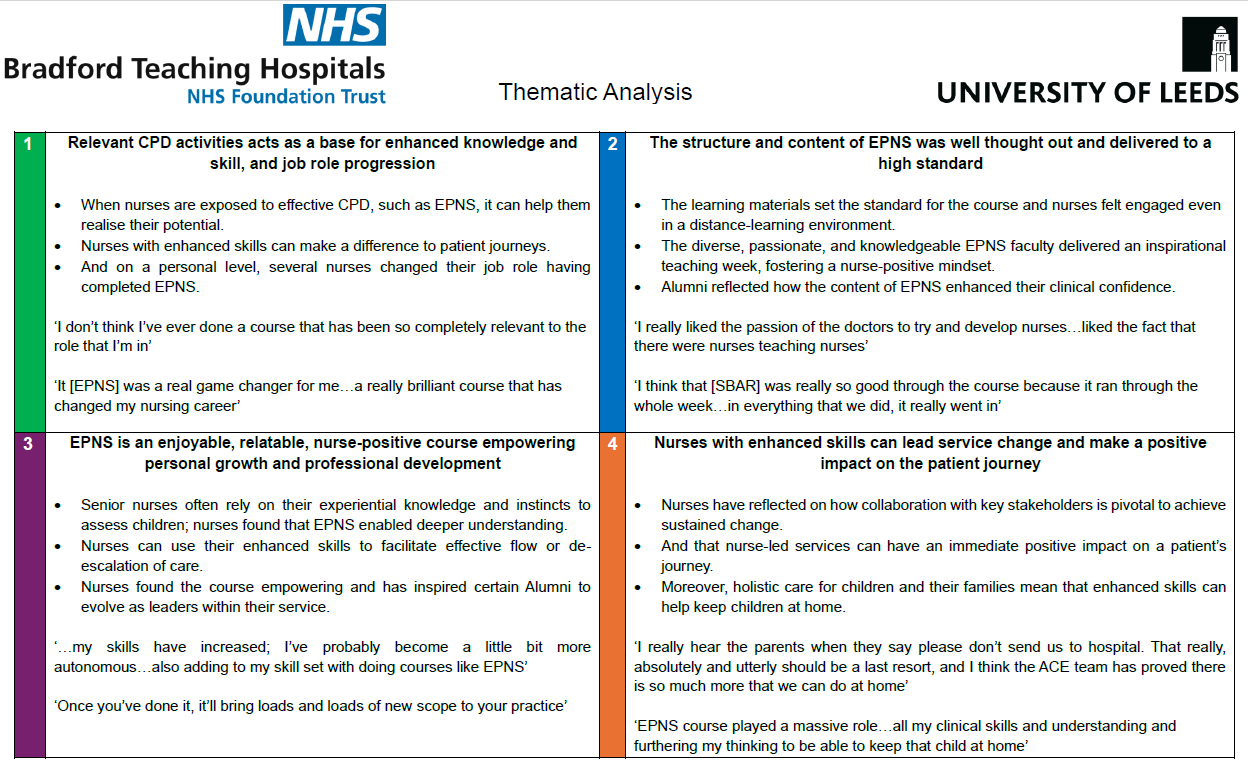
Learning Outcomes
By the end of the course, you will be able to:
- Recognise and respond: Confidently identify signs, symptoms, and management strategies for common paediatric conditions, while understanding crucial differential diagnoses and red flags.
- Perform accurate assessments: Skillfully take paediatric histories, conduct basic examinations, and present findings to inform management decisions.
- Act on early warning signs of deterioration: Recognise and respond to a deteriorating child in a timely and appropriate manner.
- Adopt a holistic approach: Approach each child’s care with a well-rounded perspective, incorporating health promotion and disease prevention.
Why join the EPNS Training Course?
This is your opportunity to gain enhanced skills that will allow you to build on your knowledge and experience. A number of alumni have become clinical leaders, delivering innovative, nurse-led care that improves patient outcomes. It will help you grow in your professional confidence and capabilities.
Ready to be inspired, equipped and empowered to transform your career and the care you deliver? Enroll now on the EPNS Training Course and take the first step towards becoming a trailblazer in your team and department!
Course Dates and Schedule
Please submit an expression of interest for the next course in 2026. Below is the provisional schedule:
- E-learning begins: Monday, March 2, 2026
- Teaching Week: Monday, April 20 – Friday, April 24, 2026
- Simulation and Skills Day: Wednesday, June 3, 2026
- Work-Based Placement: Monday, April 27 – Friday, July 11, 2026
- Formative Assessment: Wednesday, July 15 2026
Book Your Place
If you would like to know more about the course, please contact us via our EPNS Course email.
If you would like to formally register your interest, please complete this application form and return it to the above email address.